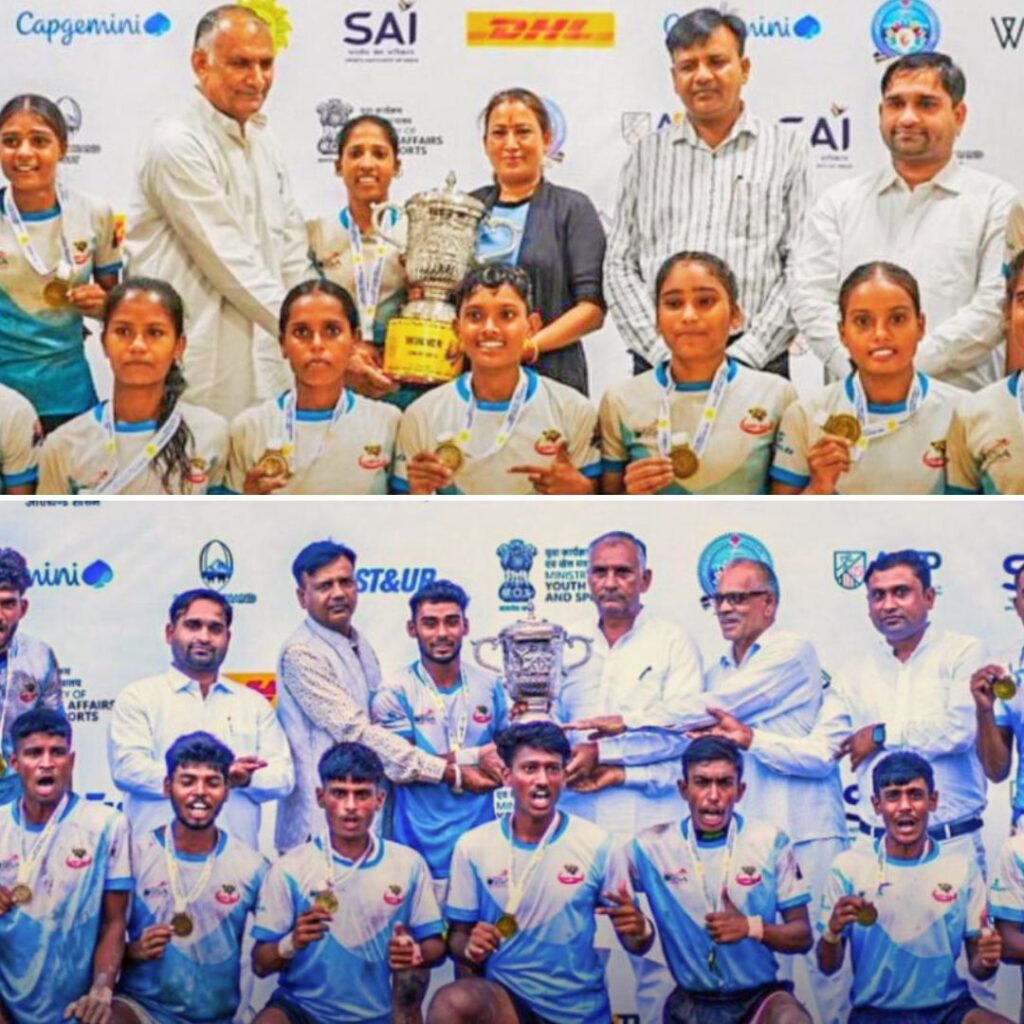In a landmark decision, Taiwan’s Constitutional Court on Wednesday ruled that the island nation’s Civil Code’s definition of marriage as only a union between a man and a woman was unconstitutional. The Court ruled that the Civil Code’s definition was too narrow and violated the rights of gay Taiwanese. Directing the country’s legislature to amend the Civil Code, the Court’s ruling made Taiwan the first Asian country to legalise same-sex marriage.
The legislature now has a maximum of two years to amend the Civil Code to broaden the definition and ambit of marriage in Taiwan.
Taiwan Say Yes! pic.twitter.com/rxsEitIxG3
— jason Hsu (@augama) May 24, 2017
A long, hard-fought fight
The landmark judgement was the result of a decades-long campaign by advocates of LGBT equality.
They faced stiff opposition from the public, as all LGBT activists have faced in their campaign towards marriage equality all over the world. In Taiwan, this opposition was led by religious bodies who fuelled anti-LBGT sentiment by spreading misinformation and paranoia. This included cheap tricks like linking gay marriage to AIDS, incest, and bestiality. Then there were the usual false arguments of marriage equality threatening the societal structure, children, and traditions. According to The Washington Post, at one point one group warned that a same-sex marriage law would mean that “it’s possible to marry a Ferris wheel.”
The activists faced powerful political opposition, too. Taiwan’s justice minister, Chiu Tai-san, for example, claimed that same-sex relationships are a “newly invented phenomenon,” unlike “social norms and mechanisms formed by the people of our nation over the past thousand years.” He also asked the court to consider how legalizing same-sex marriage might complicate the rites of ancestor worship. “What are we going to write on the ancestral tablets if same-sex marriage is legalised?” he asked.
Despite all these challenged, the activists persisted – and won. Taiwan’s LGBT equality movement has emerged as one of the world’s most organised and active ones.
Now, with the Constitutional Court’s ruling, campaigners will turn their attention to legislatures to ensure that they implement the Court’s ruling thoroughly. There remains a fear that the politicians could try to appease opponents of marriage equality by creating a separate category for same-sex marriages altogether, enabling a flawed and unequal system to exists within the scope of the law.
Supporters of marriage equality in Taiwan hug, cry with joy after landmark decision https://t.co/VUzKwDVRo9 pic.twitter.com/FBQRmzwElp
— Lane Sainty (@lanesainty) May 24, 2017
Marriage equality comes to Asia
This is also a major development in the international LGBT movement as this marks the first victory for marriage equality in Asia. Activists hope that Taiwan will set an example for its neighbours and bolster LGBT rights movements in other Asian countries.
This will, however, be a challenging and lengthy process. Taiwan’s huge neighbour, China, regularly punishes gay people, Singapore and India still criminalise gay sex, and Indonesia publicly flogs homosexuals.
Taiwan had to fight for over three decades to achieve marriage equality. The fight will be even longer and demanding in the larger, less inclusive, and more conservative countries of the continent.
GOOD NEWS: Taiwan is on its way to becoming the 1st country in Asia to legalize same-sex marriage! https://t.co/hOBbiGO4LZ #loveislove pic.twitter.com/xkxtqQd6If
— AmnestyInternational (@amnestyusa) May 24, 2017
The Logical Indian take
Yesterday, Taiwan created history by making same-sex marriage legal and by becoming the first place in Asia to do so. Only two years ago, the Irish people created history by making Ireland the first country to legalise same-sex marriage through a national referendum. The same year, the US Supreme Court ruled to make marriage equality legal across the country.
All these incidents have demonstrated a massive shift in public opinion on the matter of LGBT rights. Popular opinion of LGBT rights in developed countries has changed drastically from unfavourable numbers in the 1960s (when the modern gay rights movement began) to favourable numbers today.
But what about India? Where does India stand when it comes to marriage equality? The answer to that question would be “far, far away”. India is yet to decriminalise gay sex – which it legally defines as “unnatural” and couples it with bestiality – to think about societal acceptance of complete marriage equality.
After the Delhi High Court overturned Section 377 of the Indian Penal Code (that criminalises gay sex), public opinion about LGBT rights followed a positive trajectory. When the Supreme Court reinstated Section 377 in 2012. it precipitated nationwide protests. It became clear that the Indian people were viewing homosexuality in a more constructive light. Twitter and Facebook were flooded …











